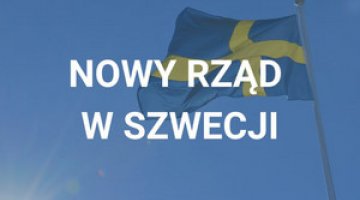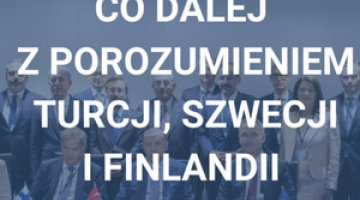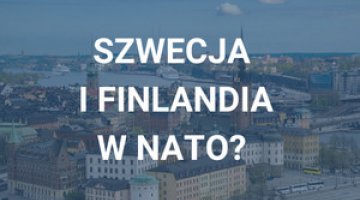Analyses
Sweden unfreezes relations with Russia
On 21 February, Sweden’s minister of foreign affairs, Margot Wallström, met her Russian counterpart, Sergey Lavrov in Moscow. This was the first bilateral meeting on a ministerial level in three years. The topics of the discussion included regional co-operation issues, the European security order (including the Russian-Ukrainian conflict), Syria, and the agenda of the UN Security Council. According to the media, trade ministers are the next in line to meet. Margot Wallström invited Sergey Lavrov to Stockholm.
Commentary
- It is mainly Sweden’s Ministry of Foreign Affairs which is insisting on the need to develop Stockholm’s new approach to Russia. During her presentation of the foreign policy priorities for 2017 in parliament, Ms Wallström expressed the need to developing a broad approach in relation to Moscow that would include maintaining political dialogue, taking a long-term view, urging Russia to pursue co-operation, and promoting people-to-people contacts. Stockholm’s new approach was demonstrated so far by Sweden joining the German initiative in the OSCE to negotiate a new conventional arms control treaty last autumn and by its political approval early this year for the port in Karlshamn to be used in the process of constructing the Nord Stream 2 gas pipeline. According to the Swedish media, Wallström also reportedly applied pressure on the defence ministry to tone down its critical stance on Moscow. The two ministries differ in their perception of the degree of military threat posed by Russia. Regardless of the differences in the government, in the coming years Sweden will want to manoeuvre between developing co-operation with Russia on the one hand, and supporting the sanctions and continuing the (toned down) criticism of Moscow breaking international law on the other. It will also continue to enhance co-operation with NATO.
- Stockholm wants to unfreeze contacts mainly due to the need to co-operate with Russia within international and regional forums. Until the end of 2018 Sweden is a non-permanent member of the UN Security Council, and its MFA sees the country’s activity in the Council as a top priority. This year Sweden will also take the two-year presidency of the Barents Euro-Arctic Council and of the Council of the Baltic Sea States. Sweden’s MFA also hopes that Russia will reduce the strain it has been putting on Stockholm. Over the past three years, Sweden’s exposure to Russian disinformation campaigns, cyber attacks and military provocations has been probably the highest among the Baltic Sea states. Other incidents have also included attacks on Swedish correspondents in Russia, and pressure on the Swedish diplomatic staff and firms (around 400 Swedish companies operate in Russia).
- Russian pressure on Stockholm has not only been linked with the highly critical stance taken by Sweden’s government and public opinion on Russia’s policy, but also with the fact that Sweden has been establishing closer co-operation with the USA and NATO. From Moscow’s point of view, maintaining Sweden’s non-aligned status is crucial for Russia’s military dominance in the Baltic Sea region. Moscow would like to force Sweden to remain neutral in case of conflict. The new policy of the Swedish MFA may be used in Russian propaganda as proof that even those EU member states which are critical towards Moscow want to normalise relations with it and to present Poland and the Baltic states as the only ‘Russophobic’ countries in the region.




